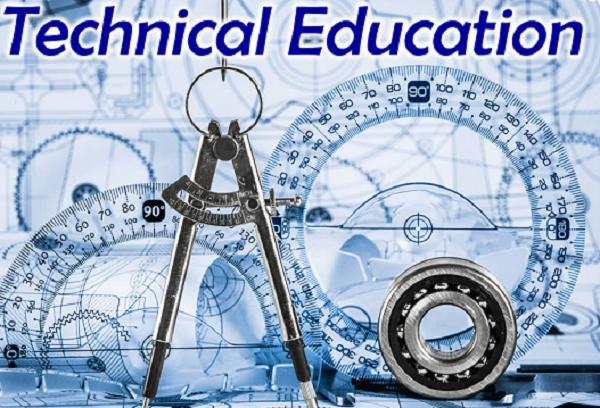
Help push for technical education
Ghana’s Constitution mandates that all efforts be made to make education gradually universal and progressively free. With access to primary education becoming near universal in the country, new priorities are emerging at post-basic level, where the demand for secondary education is fast increasing but the number of senior high schools (SHS) has not kept pace.
The government’s vision of shaping the future of the nation can only be achieved if all stakeholders are proactive in forming the character of students and individuals in their care.
There is no denying the fact that our educational system has challenges in terms of equity, access and quality. It is for this reason that the role of stakeholders, such as the communities, religious bodies, teachers and the government, cannot be underestimated in the provision of quality education for all.
As the saying goes, the standard of education of a country cannot be higher than the quality of its teachers. It is for this reason that the Daily Graphic calls on all stakeholders in education to support the government to expand access to education through the construction of more schools, especially in under-served areas, to facilitate access.
But since education goes beyond the transfer of knowledge or preparing the minds of students for examination to developing people, it is important some attention is given to technical education too.
The Daily Graphic thinks this accelerated industrial growth should be one of the priorities the country should pursue in order to boost the welfare of its citizenry, as well as achieve economic development.
It is our view that education should not only help one to earn a living but also develop a nation of skilfully resourceful, well informed and morally sound people who could build a just and prosperous society.
The country’s quest to use technology and innovation to drive its socio-economic development is an age-old issue which requires that tertiary education should provide graduates with job-relevant skills to meet the demands of industry and the economy as a whole.
In spite of the post-independence push to create much of the current science and technology capacity, not much has been achieved in ensuring that science, technology and innovation drive socio-economic activities.
For instance, over the years, entrepreneurs in the country have been critical of the inability of tertiary education graduates to apply technology and innovative approaches to solve problems.
This is because some of our institutions have shifted focus from the core mandate of delivering engineering and vocational skills to other courses not readily required by industry.
The challenge confronting polytechnic education is the departure from their initial mandate of providing teaching and learning opportunities in engineering and technology programmes.
The Daily Graphic suggests that if we want our educational sector to be relevant to the job market, the government and others must invest in technical education and ask educational institutions to revert to their core mandates.
It is our failure to support technical education that has led to the dearth of skilled artisans in the system. No wonder it is difficult these days to come by artisans to fix broken gadgets in the home.
The Daily Graphic, therefore, encourages all stakeholders to support the government’s educational agenda, which includes the free SHS policy that will provide access for all to pursue their career goals and be empowered to assist in nation building.